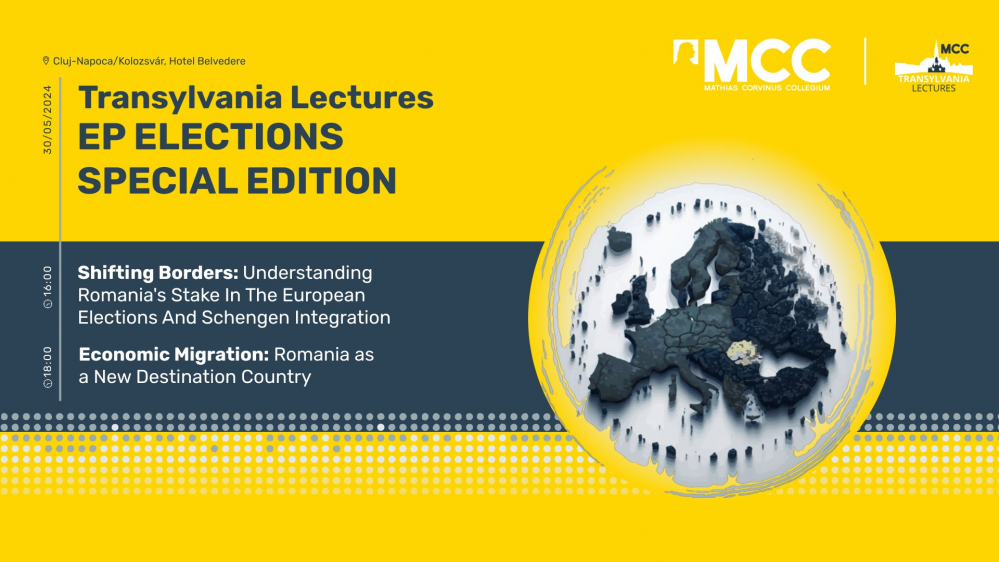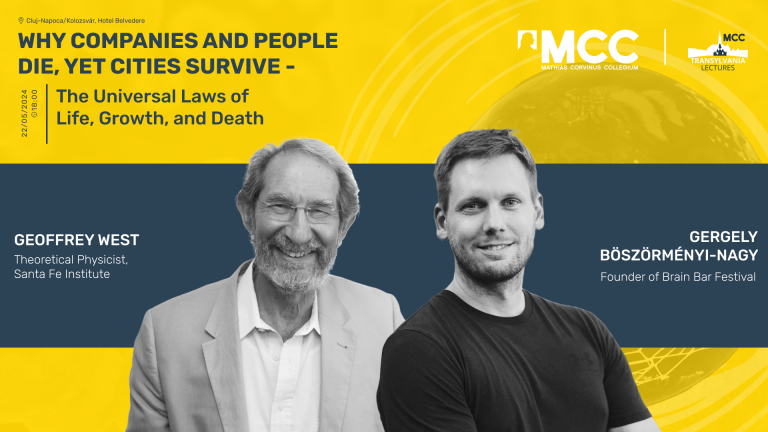This special edition of the Transylvania Lectures series will bring together renowned local and international experts in two panel discussions, across two crucial themes – both pertaining to Romania’s position as an EU country with Schengen ambitions. It aims to be an opportunity for experts and governmental actors, as well as the general public, to exchange ideas about the questions of migration – a topic that has been gaining popularity with the growing number of guest workers – and the country’s future prospects for being admitted in the Schengen area.
Panel discussions:
16:00 – Shifting Borders: Understanding Romania's Stake in the European Elections and Schengen Integration
At this panel discussion experts will analyse what are some of the political and diplomatic issues hindering Romania’s acceptance into the Schengen area. They will discuss about the main economic, social and security advantages – or perhaps disadvantages – of Romania’s adherence to Schengen, as well as the European elections’ role in this process, and whether they present an opportunity for Romania to further its agenda on the Schengen topic.
Participants:
- Yann Caspar, lawyer, journalist, author, and researcher at the MCC Centre for European Studies
- Dr Ralph Schoellhammer, assistant professor in economics and political science at Webster University, Vienna
- Dr Andrei Țăranu, political scientist, researcher and lecturer at the Department of Political Studies, University of Bucharest
- Dr Máthé Réka Zsuzsánna, senior researcher at MCC, research fellow at National University of Public Service, Assistant Professor at Sapientia University
18:00 – Economic Migration: Romania as a New Destination Country
The invited speakers will discuss what are the most successful policies – either on the national or European level – to address the complex challenges of immigration, especially in a cultural and economic context which has had limited exposure to this phenomenon in the past. How and to what extent will the European elections in June impact the way in which individual countries (in this specific context: Romania) plan the administration and integration of its migrant worker population? Is the integration of this class considered important at all? Beside these questions our guests will address the long-term economic and societal impact of mass immigration in Romania.
Participants:
- Lorenzo Bernasconi, research fellow at the Machiavelli Center for Political and Strategic Studies
- Dr Toma Burean, political scientist, head of the Romanian Center for Comparative Migration Studies
- Dr Béla-Gergely Rácz, economist, assistant professor at Babeş-Bolyai University, Faculty of Economics and Business Administration
- Márk Vargha, senior analyst at MCC Migration Research Institute


